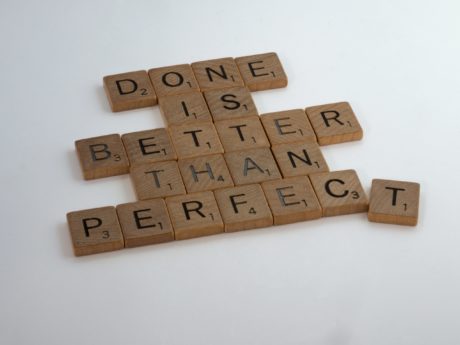
What’s one of the most important things you need when it comes to healing from betrayal?
Willingness.
Check your willingness. We have two types of people who leave the PBT Institute. The first is this type. They’re through Stage five (out of the Five Stages from Betrayal to Breakthrough). They come in at Stage two or Stage three, and they leave at Stage five. That’s when they’re supposed to leave. They’ve been transformed. They’ve completely moved through their experience. They’re healed, they’re different and they’re enjoying their new life, level of health, relationships, confidence and more.
The second type of person who leaves The PBT Institute… is the one who is unwilling to do the work to heal. They may have had the best of intentions but when they realized that healing from betrayal is going to require doing things differently, they weren’t up for it.
Here’s something I’m realizing about the many people who email and message me daily about how much pain they’re in and how badly they want to heal.
Just because you’ve been betrayed doesn’t mean you’re ready to heal from your betrayal. There’s a very big difference and here’s a question to ask yourself.
Are you willing to heal from shattered trust and betrayal?
You may be surprised by your answer if you’re totally honest with yourself. Why? You need to let go of your story and all it’s giving you. You need to move through some dark places, some unknown and unfamiliar territory. While moving through it is to get to a healed space, because it’s different, we often choose to stay right where we are.
I did a PhD study on betrayal and thought that the people who were the hardest hit would grow the least because they had the most to overcome.

That had nothing to do with their healing.
One of the biggest factors in their healing was willingness. It was the ones who had that “whatever it takes” attitude, the ones who put their heads down and said, “I’m not picking it up until I’m out the other side” were the ones who healed. Those were the ones who blew the doors off of the ones who weren’t as willing.
So check your resistance. Even though you think you want to heal, you’re going to have to change. You’re going to have to lose all the small-self benefits you get from your story. What are some of those benefits?
Being right, having someone to blame, getting sympathy from other people are just a few. There are so many things you give up but here’s a visual to explain what holding onto these things does to you.
Have you ever seen someone on a trapeze? They can hold on to one of the bars and they can swing and grab onto the other bar. But if you notice, they’re not going anywhere until they let go of that first bar. That’s the willingness you need to heal from your experience.
Are you willing to let go of your story and all it gives you? I get to know every member who comes into The PBT Institute. The ones who do the best aren’t the ones who’ve just been betrayed. It’s the ones who are ready and willing to heal.
Dr. Debi
Founder and CEO, The PBT (Post Betrayal Transformation) Institute



